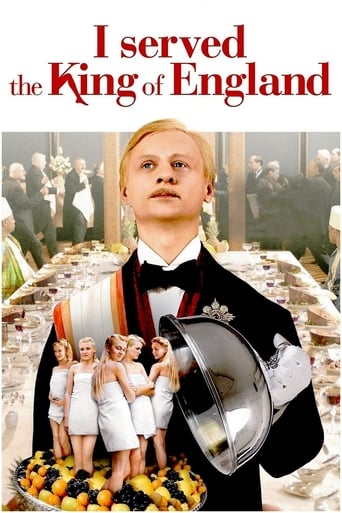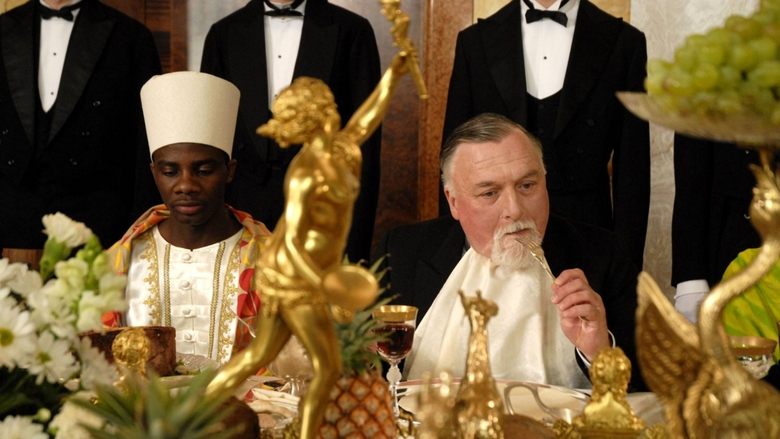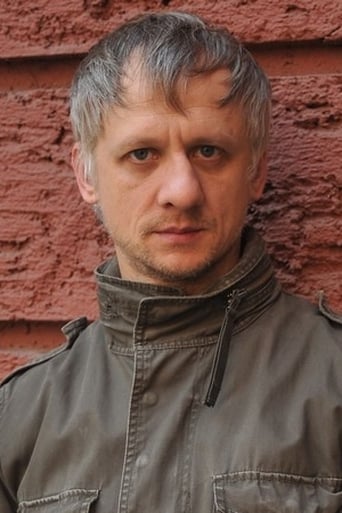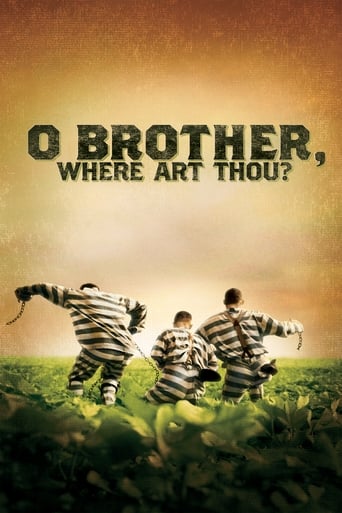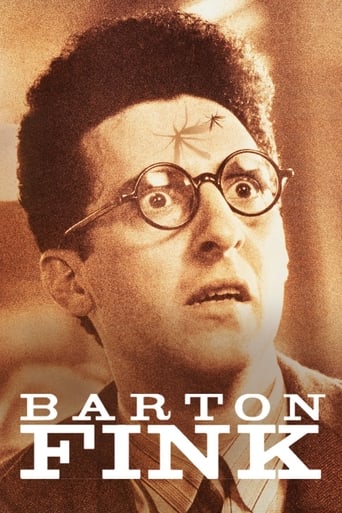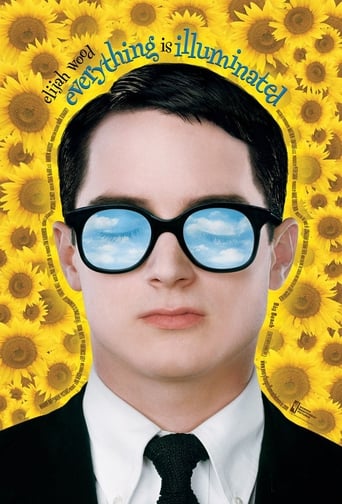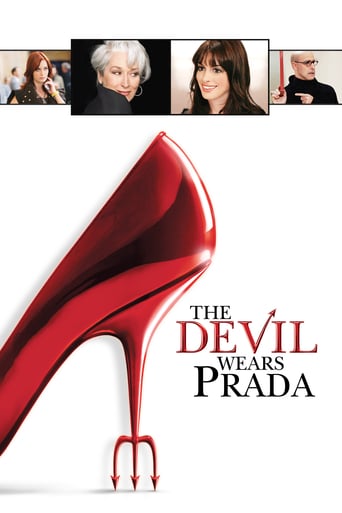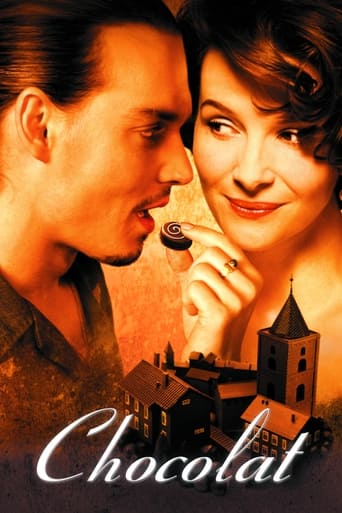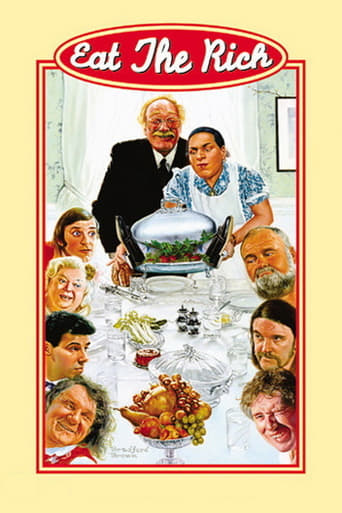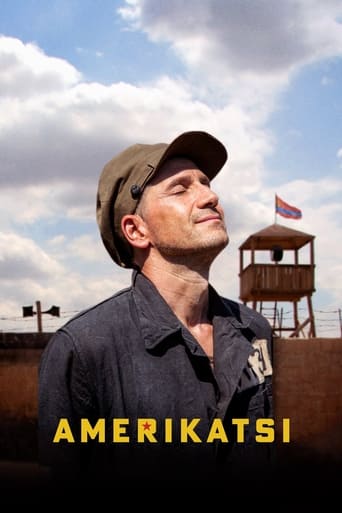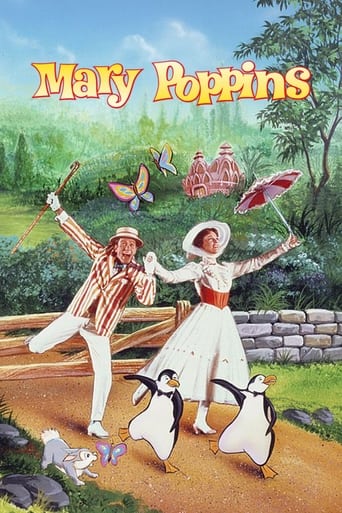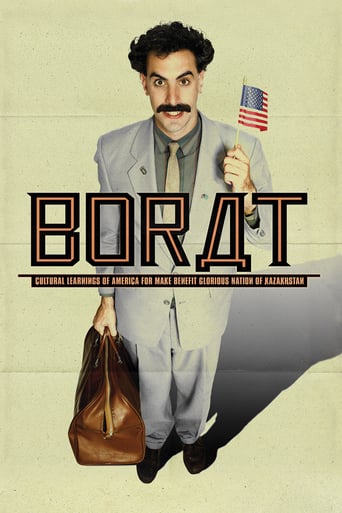I Served the King of England (2008)
Prague, Czechoslovakia, during the inter-war period. Jan Dítě, a young and clever waiter who wants to become a millionaire, comes to the conclusion that to achieve his ambitious goal he must be diligent, listen and observe as much as he can, be always discreet and use what he learns to his own advantage; but the turbulent tides of history will continually stand in his way.
Watch Trailer
Cast


Similar titles
Reviews
I think this is a new genre that they're all sort of working their way through it and haven't got all the kinks worked out yet but it's a genre that works for me.
Too much of everything
A Masterpiece!
This is a coming of age storyline that you've seen in one form or another for decades. It takes a truly unique voice to make yet another one worth watching.
This is a visually lush, well-acted and extremely well-crafted movie about a little man caught in a vast political machine. Like Hasek's Svejk, Hrabal's Dite meanders through war and politics like a kitten in a minefield, and miraculously escapes to tell the tale.Much has been made (by some reviewers) of the supposed sexism and sympathy for Nazis in this movie. I say "supposed" because neither is actually present; "I Served the King of England" is told in a highly satirical vein, and the deadpan delivery of Oldrich Kaiser's narration as old Dite serves both to condemn what's being shown on screen and make it vaguely humorous and farcical. Dite ignores politics, as much as possible (and as so many Czechs tried to do during the second World War).To draw a comparison which may or may not be apt, Dite's story reminds me of that of Max Lorenz, an opera singer and Hitler's favorite tenor. Post-WWII he was condemned as a Nazi tenor in many circles; the war tainted his name. But Max Lorenz was homosexual, married to a Jew, and he protected his wife's family from the SS! Dite may have married a Nazi sympathizer, and worked for Nazis, but he shows none of the coldness of an SS serviceman: the scene where he runs after the train heading to the concentration camp holding out a sandwich to the detainees is heartbreaking. And his release of the stamps his wife stole from "deported" Jews speaks strongly to the change that has been wrought in him by the movie's end. Old Jan Dite is no longer politically ignorant or out for himself. He works hard to create a new place for himself, and when the movie ends we know that his work is far from over.As for the objectification of women: it is absolutely present in this movie, but just because it's on the screen doesn't mean the director approves of it. (I'm a woman, and believe you me, the sex scenes and prostitutes could have been handled *far* more gratuitously.) The satirical element of the film extends into the realm of sexism as well. Throughout both the film and the novel, different groups of people (women, Jews, and yes, Czechs and even Germans) are treated as less than human by another group. This is not right--Menzel agrees, and hammers his point home with images of objectified women, arrested Czech nationalists and abused German teachers. And (perhaps more to the point) all the depictions of women in the film are also in Hrabal's original novel.This is not an uproariously funny movie, nor is it a heartrendingly dramatic movie. It is, instead, a tone poem: a meditation on life, desire, hope, war, and human nature that doesn't shy away from some of the biggest mistakes and problems in human history. Menzel's light touch and aesthetic eye make it easily watchable, but the murky, dangerous elements of the film lie beneath its pretty surface. As an introduction to Czech cinema, it might not be ideal, but for those who are familiar with Menzel's tone shifts, it is a masterpiece.
it's hard to write a review about this film without using spoilers. I won't do so, though, for I feel it would be more or less criminal to diminish your enjoyment by giving away its storyline prematurely.'I served the King of England' is a Czech film, produced in a way only residents of this middle-European country can do. Its refined tongue-in-cheek-humor is pushed to the extreme all through. Fully embedded in a coherent plot with many unexpected twists and other surprises. Marvellously evoking the spirit of its times. With good acting and competent shooting.However, 'Obsluhoval jsem anglickeho krale' (= its original Czech title) may be too subtle for American taste. And a little historical knowledge about former Czechoslovakia comes in handy as well.Whatever, there can be no doubt that producer Jiri Menzel left us with a great film. In a true middle/East European style its pace isn't too fast, allowing you every opportunity to enjoy.
I got a bit of a shock when I saw this film. It doesn't seem to follow the rules of contemporary film-making--in other words, women aren't shown as fully equal to men (although they can be very resourceful in dealing with petty tyranny) and the hero shows no sign of resentment for the way he is treated. I felt a lot closer to the great works of the heyday of classic film by Cukor, Ophuls and Lubitsch. The story unfolds calmly and logically, whether the events take place in the 30's, 40's or 50's of the last century. Ivan Barnev as the young Jan is superb: funny, roguish and balletic (just watch how gracefully he swoops around the restaurant with that heavy tray; wonder how much rehearsal time that needed.) Jiri Menzel made Closely Watched Trains, then saw his career go into eclipse after the Soviet invasion in 1968. The work he has done since hasn't come to my attention until now. This may be his swan-song, since he is 70 now, but I hope not.
I already had had a hectic day when I watched J'AI SERVI LE ROI D'ANGLETERRE. I've heard of Czech movies, even saw most of the Milos Forman's, but this Menzel was my first. For reasons stated above, I dozed several times during the first half, which others consider as the best. Then I was caught in by the action, and enjoyed this very imaginative movie, and was even moved when the postage stamps were blown by the fire wind. However, I think there were a few flaws, such as the "coitum abruptus", but I'd rather yield on the subject, because I am sure the Czecks (and the Slovaks)know the subject better. I wonder if they are not in a rush to see the end of 2008, after what they got in 1938 (Sudeten crisis), 1948 (Communism) and 1968 (Soviet Tanks in Prague). I will certainly give this movie a second chance and even buy a DVD, if there is one existing. harry carasso, Paris, France

